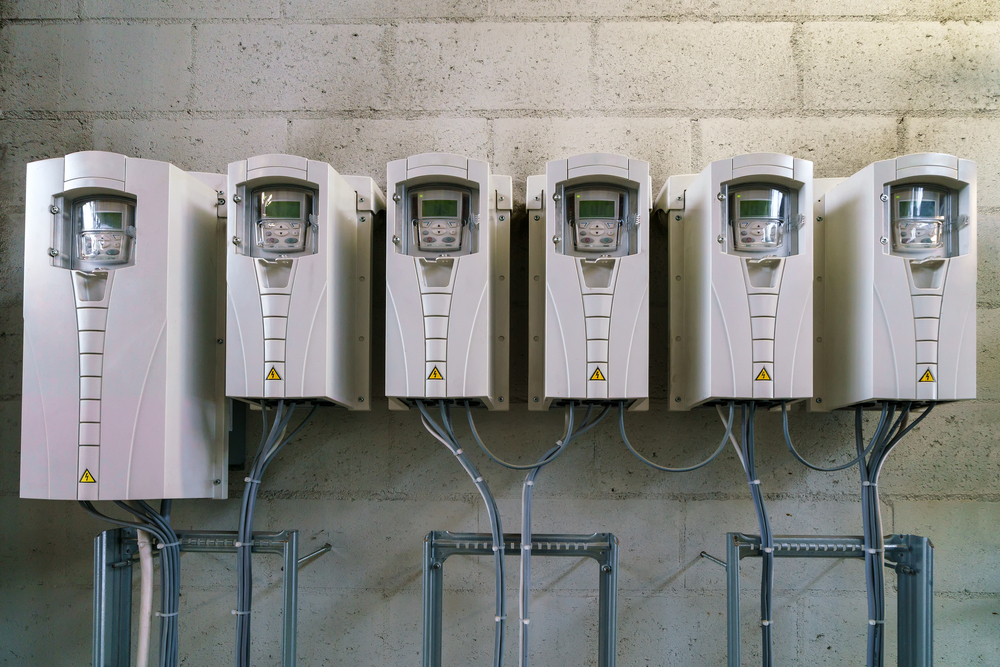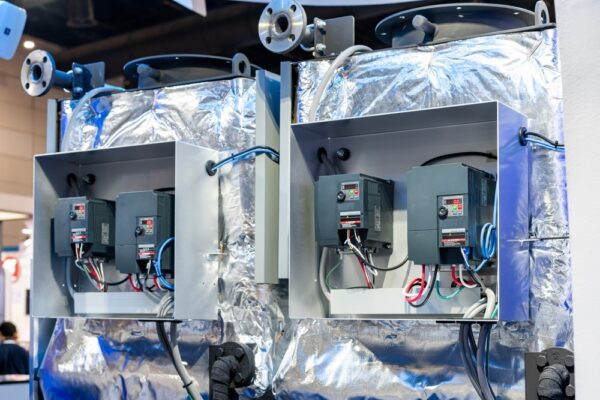How to Identify and Repair Insulation Breakdowns in ABB Drives

Dealing with an ABB drive that has started tripping unexpectedly or behaving erratically? The issue could be hiding in plain sight: an insulation breakdown. Over time, electrical insulation degrades, allowing leakage currents to escape where they shouldn’t. Before you assume the worst, take a moment to check your ABB drive’s insulation — you might be surprised at what you find.
Why does drive insulation matter?
In ABB drives (and all VFDs) insulation works to prevent short circuits and electrical leakage by isolating different voltages. As drives control motor speed and torque by converting and manipulating electrical power, proper insulation ensures current flows only through intended pathways. The problem? Over time, factors like thermal stress, vibration, moisture, and contaminants can degrade it. As insulation deteriorates, it can compromise drive reliability.
The warning signs of insulation deterioration
Insulation failures can mimic the signs of other common electrical faults in ABB drives. If you’re getting frequent drive trips or nuisance faults, insulation degradation might be triggering them. Likewise, poor insulation allows unwanted current paths, leading to increased operating temperatures. This, in turn, can cause a burnt smell or discoloration: Overheated insulation leaves visual and olfactory clues long before total failure.
Identify insulation failures with proper testing
Looking for more quantifiable proof that your ABB drive’s insulation needs replacement? When insulation resistance drops below safe levels, a megohmmeter (megger) test will confirm the issue. If you’re getting a reading of 2-20 megohms, the insulation is in poor condition and immediate replacement is recommended. Anything less than 2 megohms signals critical failure and the drive should not be operated. For ABB drives specifically, OEM recommendation for replacement is when readings fall below 10 megohms.
Beyond a megger test, there are a few cursory observations and tests you can make to confirm poor resistance readings:
- If a drive’s ground fault detection triggers frequently, measure leakage current with a clamp meter.
- Cracked or worn cabling can introduce deviant currents. Look for damage, moisture intrusion, or contamination.
- Using an oscilloscope, check for voltage wave form irregularities. Spikes could indicate insulation failure.

Repair and prevent insulation-related issues
If you’ve discovered that insulation degradation is allowing transient voltages to affect motor performance, you have a few options. Resolving the issue the right way depends on the specific nature of the problem:
- Drying out moisture-contaminated windings: If insulation resistance is low due to humidity or oil exposure, drying techniques like vacuum dehydration can help restore function.
- Replacing deteriorated cables: If wiring insulation is cracked or brittle, swap in high-quality, shielded cables designed for VFD applications.
- Applying insulation coatings: Special insulating varnishes or epoxy coatings can reinforce weakened insulation in motors and transformers.
- Installing proper grounding and shielding: Poor grounding can accelerate insulation failure. Make sure the system follows ABB’s recommended grounding practices.
Get expert troubleshooting and repair
GES is the industry authority on Repair, Sales & Service of variable frequency drives — including ABB drives. Now through the end of April, we’re offering 10% OFF single repairs or 15% OFF 3+ repairs on ABB products.
What if insulation problems persist?
If insulation breakdowns keep causing drive failures, the issue may go beyond simple fixes. Severe degradation, recurring ground faults, or repeated drive shutdowns are often a sign of deeper electrical problems. Instead of replacing costly equipment, GES’ expert diagnostics and repair services restores ABB drives to peak performance — without unnecessary downtime.
